Accelerating flexible plastic film recycling
The least recycled material
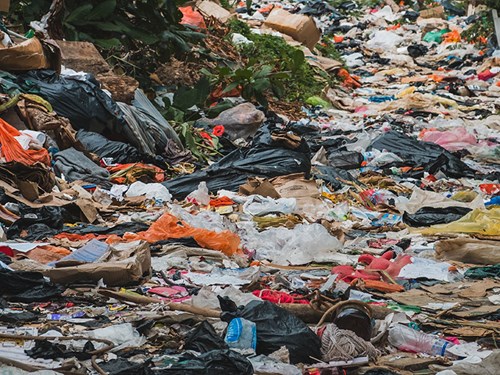
Harmful contaminants
Laminate and multi-layer plastic film, which often looks identical to single layer film, are harmful contaminants in the recycling process if unsorted - clogging screens, interrupting production and preventing film recycling on a large scale.
If not recycled or incinerated, the unsorted plastic film is exported. Export channels are narrowing however, as a result of more scrutiny on the part of the Environment Agency in the UK. Shipments are also being returned by foreign governments who rightly no longer want to deal with waste from first world countries ending up in landfill and waterways, creating long term local and international environmental problems.
Trapped in a linear economy
Because plastic film cannot be easily recycled, the elements of the post-consumer plastic film packaging supply chain in the UK - manufacture, consumption and disposal - act independently from one another in a single-use linear economy model, with no link to create a circular alternative.
Recycled material must also meet high purity standards to be considered as a replacement for virgin polymer. All together this explains why virgin polymer is the most widely used material for plastic film packaging in the consumer goods industry today.
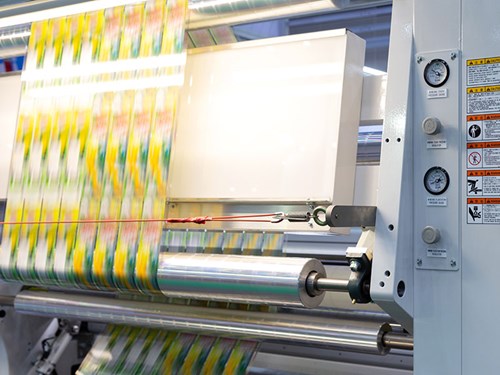
A viable solution, sorted
Refining the process further
Now that BOSS-2D can accurately separate mono-layer and multi-layer post-consumer flexible plastic film, further refinements are planned to additionally separate the monolayer stream into separate polypropylene (PP) and polyethylene (PE) streams.
Opportunities are also being explored to de-bond the multilayer waste stream so it can be fed back through the BOSS-2D process again, to separate the de-bonded polymer types ready for recycling.
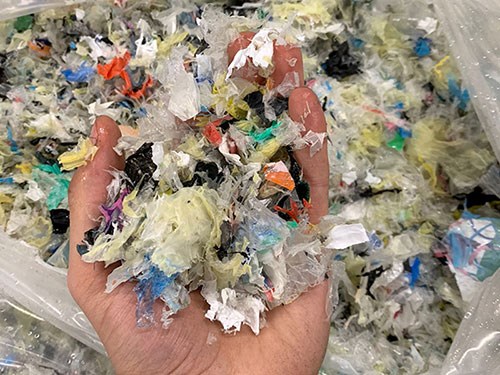
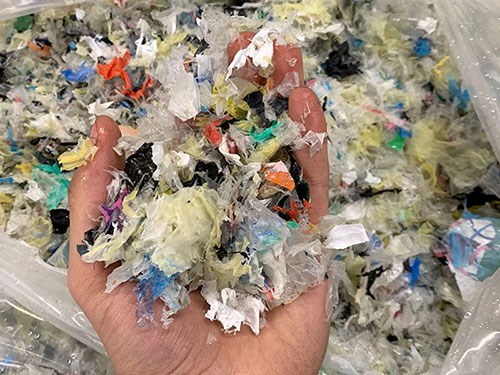
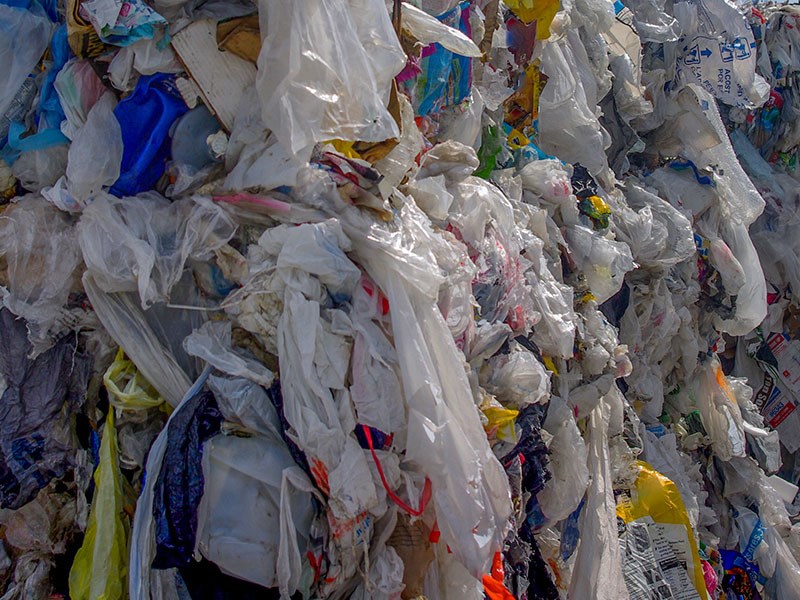

Bringing BOSS-2D to market
Impact Recycling has already received interest from major plastic film manufacturers, producers and recyclers looking to incorporate recycled content into their operations.
Opportunities are being explored to build a 25,000 tonne capacity commercial demonstrator plant that will separate mono-layer polyolefin films to be recycled back into high-grade consumer products, potentially increasing UK capacity by 500%. Licensing opportunities are also being identified so the technology can be utilised by other reprocessors.
In this way the relatively simple solution can help to revolutionise plastic film recycling.
About Impact Recycling



